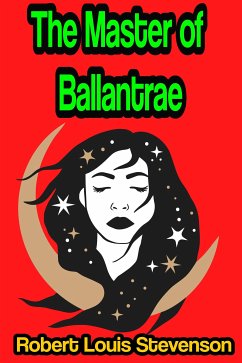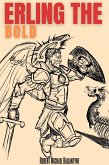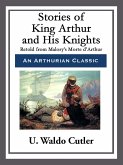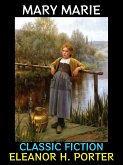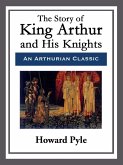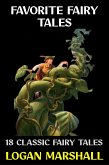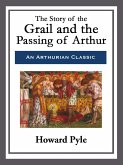The Master of Ballantrae by Robert Louis Stevenson is an 1889 novel by the Scottish author Robert Louis Stevenson, focusing upon the conflict between two brothers, Scottish noblemen whose family is torn apart by the Jacobite rising of 1745. He worked on the book in Tautira after his health was restored.
The novel is presented as the memoir of one Ephraim Mackellar, steward of the Durrisdeer estate in Scotland. The novel opens in 1745, the year of the Jacobite rising. When Bonnie Prince Charlie raises the banner of the Stuarts, the Durie family—the Laird of Durrisdeer, his older son James Durie (the Master of Ballantrae) and his younger son Henry Durie—decide on a common strategy: one son will join the uprising while the other will join the loyalists.
That way, whichever side wins, the family's noble status and estate will be preserved. Logically, the younger son should join the rebels, but the Master insists on being the rebel (a more exciting choice) and contemptuously accuses Henry of trying to usurp his place, comparing him to Jacob. The two sons agree to toss a coin to determine who goes. The Master wins and departs to join the Rising, while Henry remains in support of King George II.
The novel is presented as the memoir of one Ephraim Mackellar, steward of the Durrisdeer estate in Scotland. The novel opens in 1745, the year of the Jacobite rising. When Bonnie Prince Charlie raises the banner of the Stuarts, the Durie family—the Laird of Durrisdeer, his older son James Durie (the Master of Ballantrae) and his younger son Henry Durie—decide on a common strategy: one son will join the uprising while the other will join the loyalists.
That way, whichever side wins, the family's noble status and estate will be preserved. Logically, the younger son should join the rebels, but the Master insists on being the rebel (a more exciting choice) and contemptuously accuses Henry of trying to usurp his place, comparing him to Jacob. The two sons agree to toss a coin to determine who goes. The Master wins and departs to join the Rising, while Henry remains in support of King George II.

